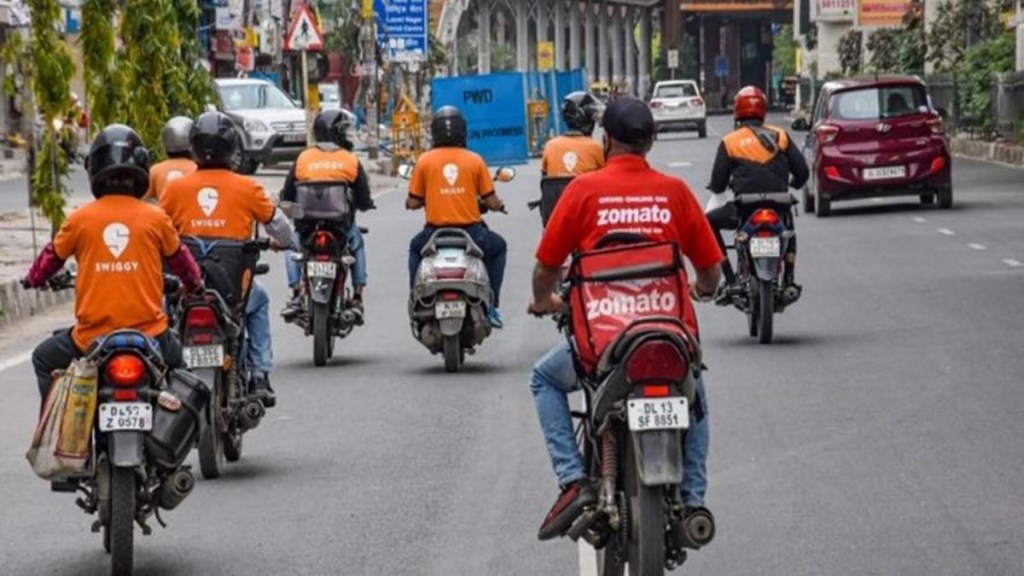Amid standoff with food aggregators Zomato and Swiggy over allegations of anti-competitive practices, high commissions, data misuse, and unfair private labeling, the National Restaurant Association of India (NRAI) has renewed its call to make food delivery more affordable in order to revive growth in the sector. NRAI president Sagar Daryani, who is also the founder and CEO of Wow! Momo Foods, said on Tuesday that the food delivery market is no longer expanding at the pace it once did, and that growth will now depend on reducing the cost of delivery for end consumers.
Food delivery will only grow when you increase the customer base, Daryani told FE. This will only happen once delivery becomes cheaper, he added.
This fresh statement comes as NRAI remains locked in a long-standing conflict with the two dominant food aggregators, accusing them of using their market power to undercut restaurants through high commissions, use of customer data for their own gain, and the launch of competing private label brands.
Daryani said that if aggregators continue to charge commissions as high as 30% on restaurant revenues, the delivery ecosystem cannot sustain itself. Fifteen out of twenty new restaurants entering the food delivery space end up shutting down. It’s not sustainable, he said.
He suggested that either commission rates be brought down or restaurants be granted access to customer data, something currently withheld under aggregator policies. If we do not have customer database, we cannot thrive in this industry,” he said, adding that having this data would help restaurants lower marketing and customer acquisition costs, savings that could then be passed on to consumers.
A particularly contentious issue is the emergence of private labels such as Zomato’s Bistro and Swiggy’s Snacc, which NRAI has criticised for enjoying pricing advantages that independent restaurants cannot match. These platforms don’t have commission pressures on their private labels and can offer them at lower prices. This is unfair to restaurants, he said.
While Daryani said that NRAI has no immediate plans to launch its own delivery platform, he noted that discussions are ongoing with both aggregators to explore possible solutions.
The NRAI has taken multiple legal routes over the past year to challenge aggregator practices, including complaints to the Competition Commission of India and an ongoing case in the Delhi High Court. Most recently, the association’s appeal against a ruling on mandatory service charges was delayed to May 9 due to technical issues with the court’s virtual hearing system.

